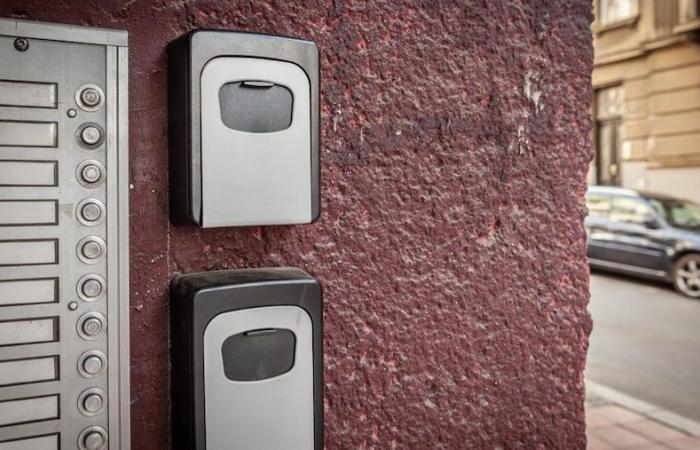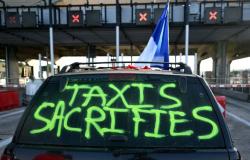
“Visual” identification only
In this way, the objective of the law is not guaranteed, which also requires managers of tourist facilities for short-term rentals to transmit guests’ data to the Police Headquarters in order to prevent “prejudiced, suspicious or wanted persons” from hiding in accommodation establishments. . With remote check-in, in fact, it cannot be ruled out that, as the Interior Ministry points out, «after sending the documents electronically, the structure may be occupied by one or more individuals whose details remain unknown to the competent Police Headquarters , posing a potential danger to the safety of the community.” The only legitimate identification is, therefore, that made in person.
The same goes for home exchange. The circular, which also makes explicit reference to the HomeExchange, specifies that the details of whoever takes over the exchanged accommodation must also be communicated to the Police Headquarters physically and concludes with the recommendation to the prefects to illustrate the new orientation to the provincial committee for the order and security and to instruct the police station to carry out checks.
The controls
The indications of the Interior Ministry will also translate into specific monitoring of the procedures adopted for check-in in accommodation facilities intended for short-term rentals: the circular concludes with the recommendation to the prefects to illustrate the new orientation to the provincial committee for order and safety and to instruct the police station to carry out checks. For Minister Piantedosi, the keybox model is a “model to be overcome”, he said at the end of a meeting at the headquarters of the Prefecture of Venice. “It needs to be overcome – he added – because it is also very critical in terms of compliance with the legislation which requires effective recognition of the person who then accesses the hotel service”.
The position of the managers
The managers of tourist facilities for short-term rentals must send the guests’ data to the Police Headquarters within six hours of arrival, in the case of stays not exceeding 24 hours, or within 24 hours of arrival, for longer stays. in order to prevent “prejudiced, suspicious or wanted persons” from hiding in accommodation establishments. «Like Aigab (Italian Association of short-term rental managers) – specifies the president Marco Celani – we believe that street lockers should be eliminated and any control against forms of illegal activity harmful to the entire category is welcome. However, we believe that the Ministry of the Interior is not aware of the fact that the software used by many professional managers uses guest recognition technologies with biometric tracking and OTP codes that are completely similar to spid, access to car rentals and bank accounts. Not believing that the Government wants to put an end to the sharing economy in Italy, introducing physical recognition only for short-term rentals would be discriminatory.”
Morocco





